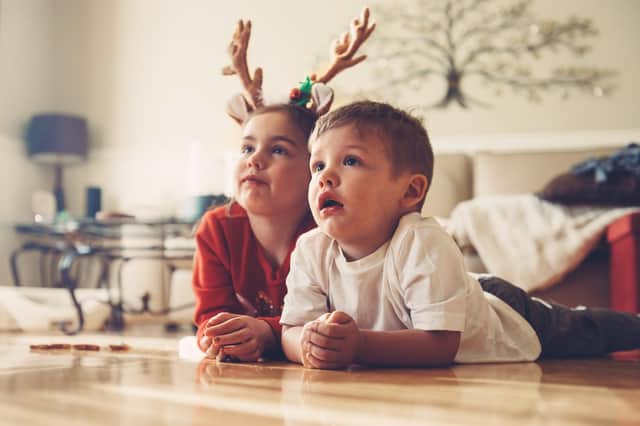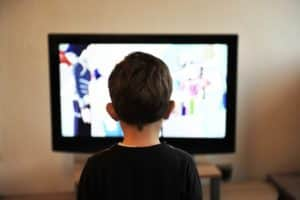How children can learn, while glued to their favourite Christmas films


Television time can be great for children, as there are ways to make their viewing fun and educational.
Parents can shed the guilt about their youngsters being glued to their favourite films, as there is plenty of learning material within them.
Advertisement
Hide AdAdvertisement
Hide AdThese following ideas are for educational activities to engage children in while watching some of the most loved children’s movie hits.
The Lion King is a prime example.
Whether it’s the new live-action version or the original animation, The Lion King is a great film for teaching children about animals and the natural world:
Ask them to keep a tally of the different animals they see as they watch the film. How many can they record?Once they have their chart, or they’ve noted which animals they spotted in the film, challenge them to classify the animals into groups. How many different ways can you group them together? What criteria will you use?
You could ask older children to convert the information they have gathered into a graph.


Toy Story is another great film for learning.
Advertisement
Hide AdAdvertisement
Hide AdToys are a great jumping-off point for children to explore different materials and their properties.Ask children to note down what materials each toy in the film is made from. Which toys are made from plastic, metal, fabric, wool, wood, paper? Are there any other materials used to make toys?
Challenge them then to explore their own toys. Which are made from fabric, like Woody? Which have metal in them, like Slinky? Can they group their toys according to the material they are made from?
Ask them to pick three of their own toys, each made from a different material, and write a story about what the toys might get up to when humans leave the room.
Harry Potter films have a wealth of learning opportunities too.
Advertisement
Hide AdAdvertisement
Hide AdAsk children to write down all the spells they spot during the film, and what each spell does. At the end of the film, challenge them to make a spell book (complete with a contents page classifying the spells into groups, instructions and diagrams on wand movement, pronunciation tips, etc.). Children could also research the etymology of the spells, such as ‘accio’ meaning ‘I summon’ in Latin!
Children could do a similar activity surrounding the mythical beasts found in the films, such as the hippogriff, Buckbeak. As they watch the film, they should make notes about the name of each creature, their physical characteristics, behaviour and other interesting facts. Then they can make their own book or presentation about mythical creatures.
The film Mary Poppins is another good resource.
Ask children, ‘How do you know Mary Poppins took place in the past?’ This will lead them to look more closely at the clothes the characters wear, the activities they do, the transport that’s used and the buildings they can see. Ask them to note any clues they see throughout the film.
Explain that the film is set in 1910 in London during the Edwardian era. Challenge them to make a poster showing how London was different then to how it is today.
Advertisement
Hide AdAdvertisement
Hide AdAsk them to find out more about Edwardian times. Older children may wish to focus on the Suffragette movement, which plays a big part in the life of Mrs Banks.
These tips from former primary school teacher Becky Cranham of education resource experts PlanBee are backed by free activity sheets, to be found on the PlanBee website.